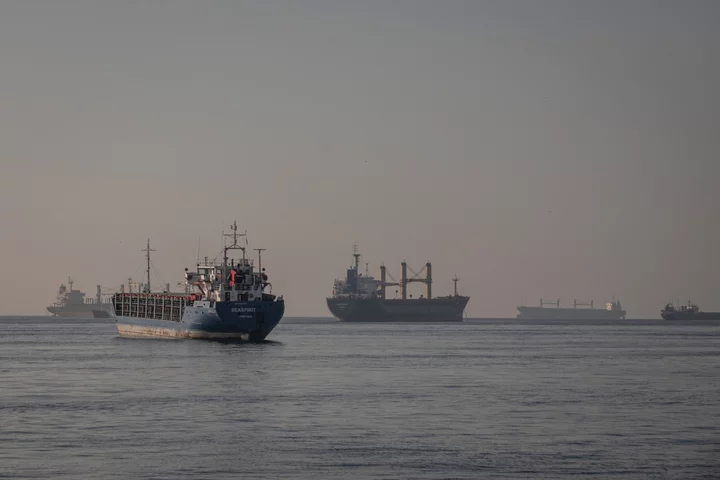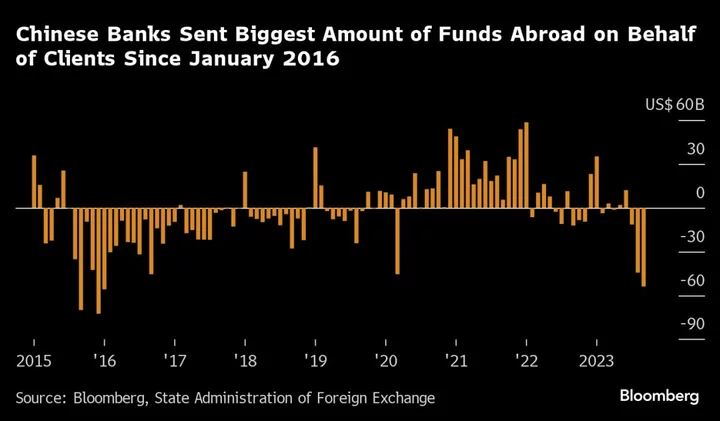Strikes at Chevron Corp.’s liquefied natural gas export plants in Australia could begin as soon as Sept. 7, threatening to disrupt global energy supply and sending fuel prices higher.
Unions gave notice that industrial action at the Gorgon and Wheatstone export plants will begin if Chevron doesn’t reach an agreement with workers, the company said Monday in an emailed statement. Chevron said it will “continue to work through the bargaining process as we seek outcomes that are in the interests of both employees and the company.”
The threat of strikes has roiled global gas markets since early August, when unions first voted for potential labor actions at three plants in Australia, and European prices jumped 10% Monday. The two Australian LNG plants operated by Chevron make up approximately 5% of global LNG supply.
Read More: Australian LNG Strike Threat Remains Focus Amid Chevron Dispute
“Members will be participating in rolling stoppages, bans and limitations which will escalate each week until Chevron agrees to our bargaining claims,” the Offshore Alliance, which includes the Australian Workers’ Union and the Maritime Union of Australia, said Tuesday on Facebook.
Setting a specific date to begin the strike ratchets up pressure on Chevron, posing a more imminent threat to its production in Australia. Woodside Energy Group Ltd. last week reached a breakthrough with unions, avoiding strikes at the nearby North West Shelf LNG complex.
Unions have been locked in a dispute with Chevron over demands around pay and other conditions.
The threat of strikes has caused jitters in European gas markets, which are still recoiling from a drastic drop in pipeline flows from Russia in the aftermath of the invasion of Ukraine. While Europe doesn’t directly import LNG from Australia, any disruption could tighten global supply and risk triggering a bidding war with Asia for spare gas shipments.
To be sure, European gas storage sites have refilled to a seasonal high, reducing the risk of a shortage. Meanwhile, a weaker recovery in Chinese LNG demand has allowed for more fuel to be shipped to Europe.
(Updates with price move in third paragraph, union comment in fourth)









